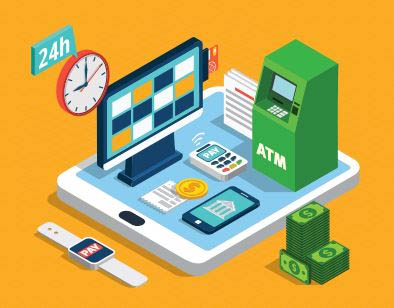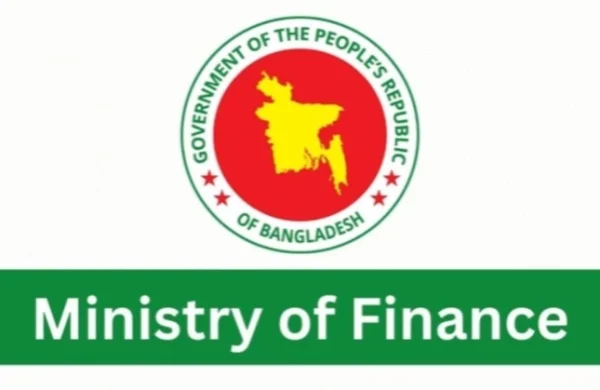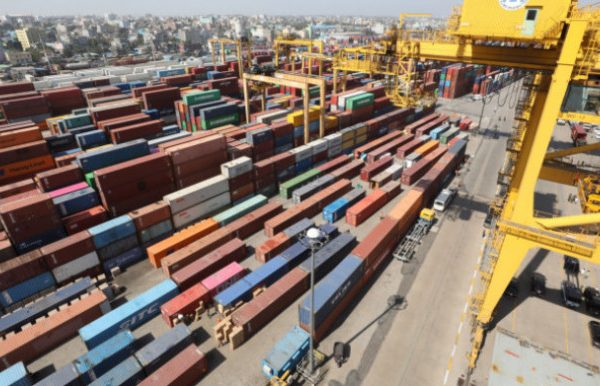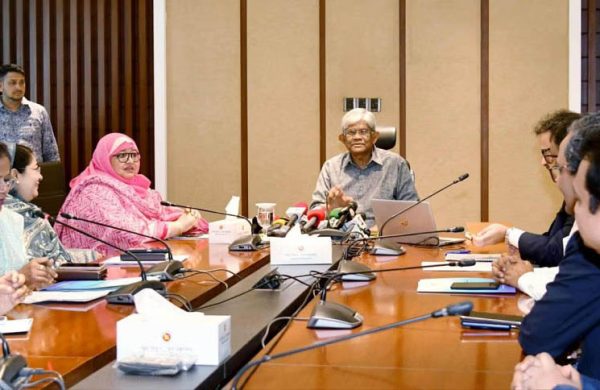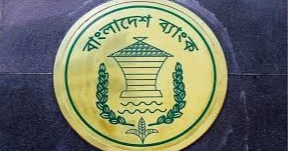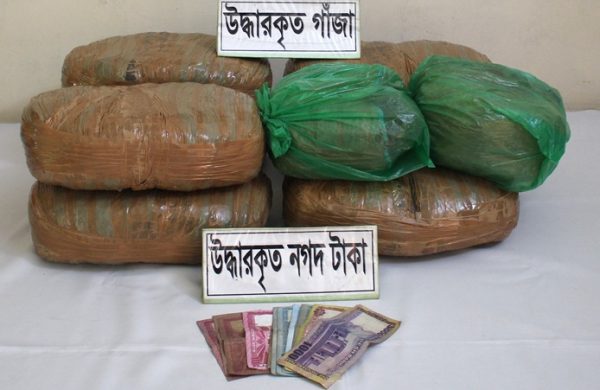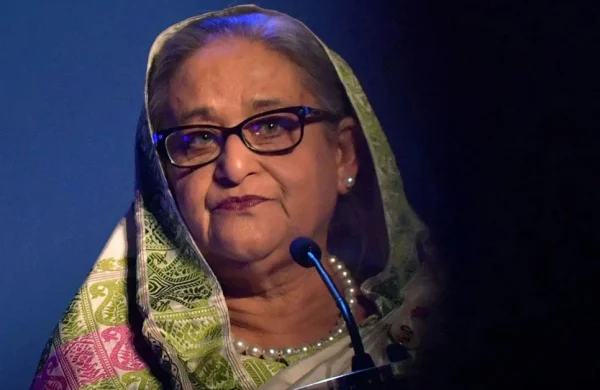Inflation likely to rise further for rising of govt debt in June
- Update Time : Thursday, June 27, 2024
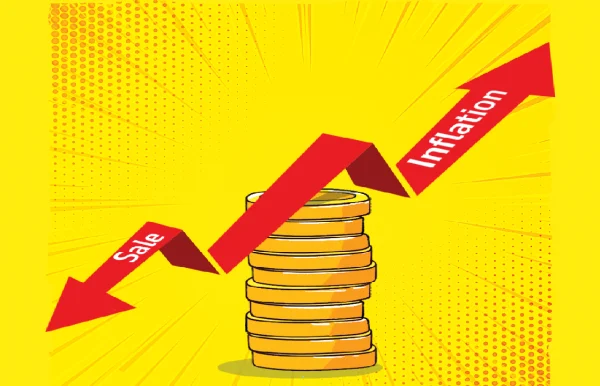
Central bankers said some treasury bills and bonds, used for government borrowing from the banking sector, remain unsold because banks are insisting on higher interest rates
TDS Desk:
The government has borrowed Tk66,724 crore from the banking system in the first 11 months of the outgoing fiscal year. The amount could make businesses and bankers happy because the government has borrowed only around 40 percent of its revised target from the banks and there would be no crowding-out for the private sector.
However, the situation changed in a few days as the government borrowed Tk35,000 crore more from the banks in the first 13 days of June, an amount that was more than half what it had done in the last 11 months. Of the amount, at least Tk15,000 crore has been lent by the central bank.
Central bank officials said the bank is not buying the government treasury bills and bonds directly, so there is no point of devolvement. Instead, the Bangladesh Bank is lending to the government using tools such as ways and means advances and overdrafts – two instruments used to manage the government’s emergency cash flow mismatches.
Ways and Means Advances are temporary loans from the central bank to the government to bridge short-term gaps between revenue and expenditure. Overdrafts, on the other hand, are used when the Ways and Means Advances limits are exceeded, providing emergency funding at higher interest rates.
BORROWING MAY PUSH INFLATION FURTHER
Experts said while these tools are crucial for avoiding immediate financial disruptions, their use can have significant implications.
Ahsan H Mansur, a former International Monetary Fund (IMF) economist, criticised the central bank’s current lending approach to the government, likening it to effectively printing money.
He argued that regardless of how the government borrows – whether through devolvement, Ways and Means advances, or overdraft – the central bank ends up printing money, which results in similar macroeconomic impacts.
The economist further warned that if the government continues to borrow money by printing it from the central bank, it will undermine the effectiveness of contractionary monetary policy.
This practice, he added, could hinder efforts to curb inflation, attributing part of the current inflationary pressures to the central bank’s money printing in the previous fiscal year.
The economist cautioned that if the current trend of borrowing from the banking sector continues, lending rates could rise further putting commercial banks into further stress.
He said that reducing inflation requires genuine implementation of contractionary monetary policy rather than merely declaring it as such.
‘CONTRADICTS MONETARY POLICY’
Mustafa K Mujeri, a former chief economist of the Bangladesh Bank, also holds a similar view. Whichever instruments the central bank uses to lend to the government, they amount to liquidity injection and thus contradict the contractionary monetary policy.
“So naturally there would be some impact on inflation. Since there are many other factors for inflation, it is difficult to say how much of the trigger comes from liquidity injection,” he said.
Mujeri said the central bank is being compelled to lend money to the government since most banks are facing liquidity crisis and poor deposit mobilisation.
According to central bank data, the government secured new loans amounting to Tk81,702 crore from commercial banks through treasury bills and bonds over 11 months and repaid Tk14,978 crore, with net borrowing reaching Tk66,724 crore till May, which is 27per cent less compared to the same period last fiscal year.
However, the government plans to borrow Tk89,211 crore in June according to the revised budget target.
The central bank noted that government borrowing from the banking sector was relatively low until May of the current fiscal year but has increased significantly since early June.
By now, the government has borrowed over Tk1 lakh crore from the banking sector, with borrowing rising by about Tk35,000 crore in the first 13 days of June alone. Of this amount, at least Tk15,000 crore was borrowed from the central bank.
The revised budget for FY24 has increased the target for borrowing from the banking sector by Tk23,540 crore from the initial budget, now set at Tk1,55,935 crore.
A central bank policy maker said by the end of May, the government had started repaying some of its debt to the central bank. However, borrowing has increased since early June, with the government withdrawing the repaid funds and taking new loans from the central bank.
Another senior central bank official clarified that no new money has been printed for lending purposes.
BANKS ARE NOT KEEN ON BILLS AND BONDS
Central bankers said some treasury bills and bonds, used for government borrowing from the banking sector, remain unsold because banks are insisting on higher interest rates.
For instance, the central bank on 23 June put on auctions T-bills of three months to one year’s maturity to collect Tk10,800 crore, but ended up with Tk5,731 crore as banks were asking for higher yields.
Currently, interest rates of treasury bills have risen from a maximum of 8.60per cent at the start of the fiscal year to 12per cent, and those of treasury bonds from 9.10per cent to 12.75per cent.
The official explained that the central bank’s decision to lend is influenced by the need to regulate interest expenses.
Moinul Islam, a former professor at Chittagong University and an economist honoured with the Ekushey Padak, said that heavy government borrowing from the banking sector in a single month could lead to “crowding out”.
The economist suggested that the government should aim to increase the tax-to-GDP ratio in the upcoming fiscal year. Achieving this target could potentially alleviate pressure on the government to borrow extensively from the banking sector.


